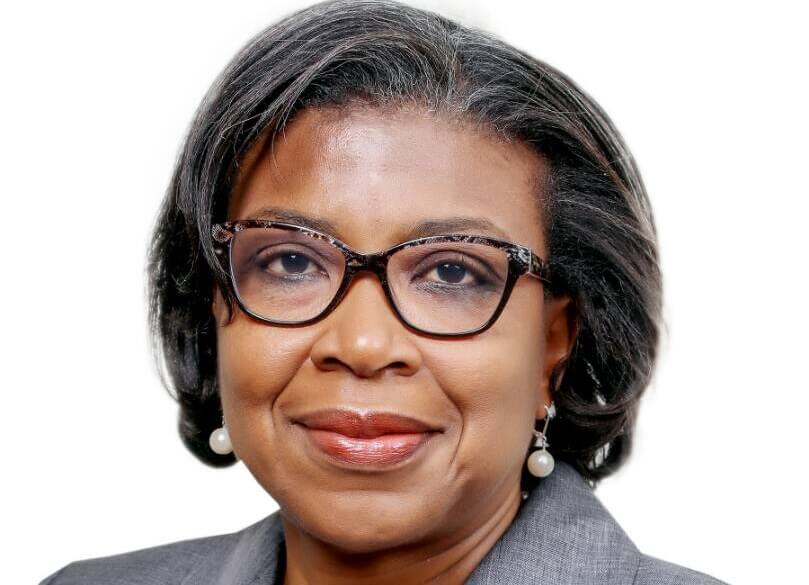The Debt Management Office (DMO) says the nation’s rising public debt profile should be blamed on dwindling government revenue and harsh economic realities occasioned by the COVID-19 pandemic.
DMO stated this over the weekend while reacting to a claim by Governor of Edo State, Godwin Obaseki that the Federal Government printed N60 billion to support the federal allocation to states and local governments in March.
The governor said this while buttressing his assertion that the nation was in dire straits financially.
Obaseki equally lamented, on Thursday, that the nation was borrowing excessively without putting any concrete plan in place to repay the loans.
Nigeria borrowed N5.52 trillion in 2020 alone, DMO’s data showed.
This was in addition to the N27.4 trillion of Nigeria’s debt portfolio as of December 2019.
Speaking on the nation’s increased borrowing, Director-General of DMO, Patience Oniha, blamed it on dwindling revenue and COVID-19.
Read Also: Policeman fired for pepper-spraying black soldier in America
She said that the nation’s rate of borrowing had slowed down considerably until COVID-19 forced the nation like many others to borrow to bolster the economy.
“The higher level of borrowing from 2015 due to the revenue crash occasioned by crude oil started trending downwards thereafter.
“Unfortunately, COVID reversed that trend. That became necessary and many countries including the UK and USA also embarked on new borrowing,” Oniha told The Punch.
“It is not correct to say that the economic team is not concerned about how the debt will be repaid. You know that a Debt Sustainability Analysis and Medium Term Debt Strategy are done,” she added.
Oniha observed that apart from the Federal Government’s, borrowing by the states had also increased significantly.

